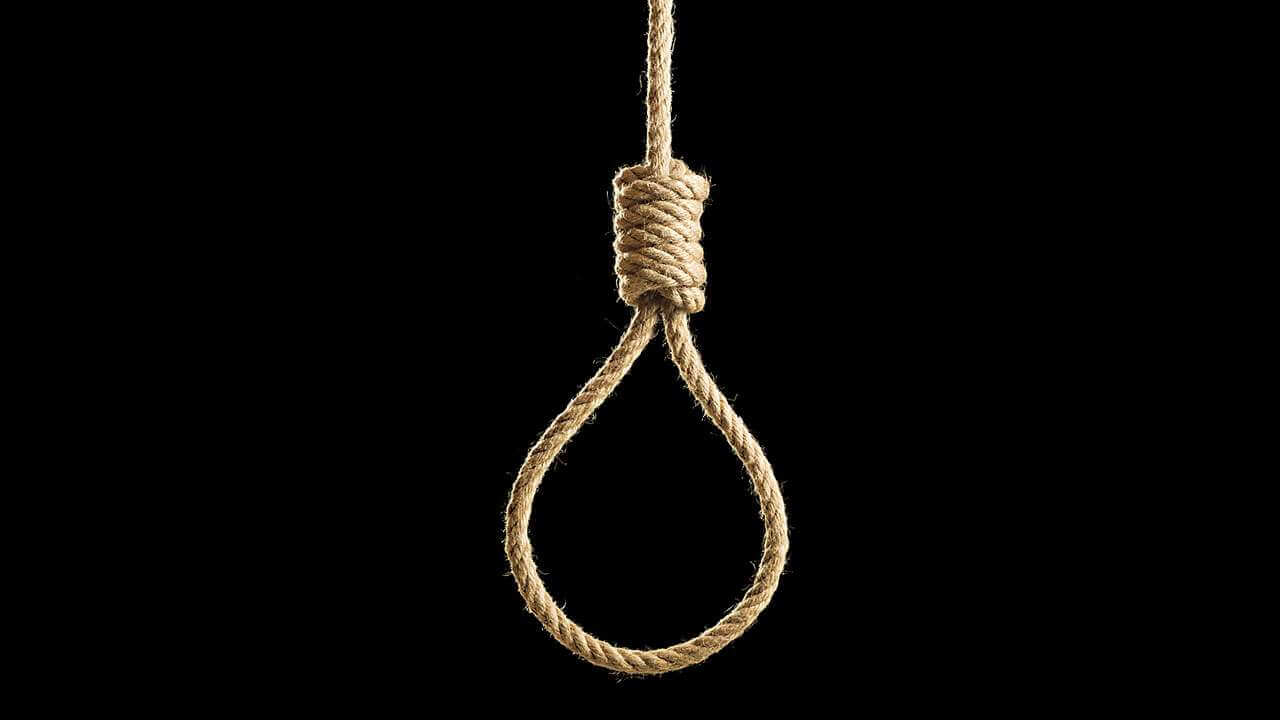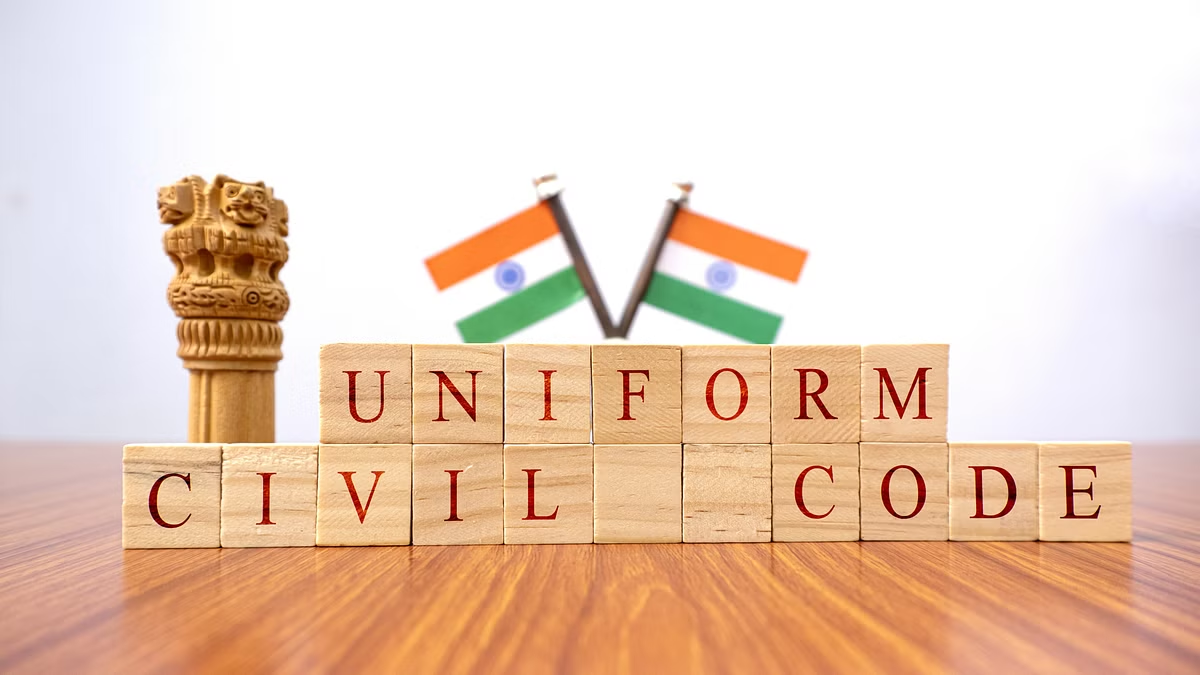Introduction
Capital punishment for rape is among the toughest legal provisions in India, which has strong laws on sexual violence as reflected by previous incidents. It has been the center of an enormous and controversial discussion among those who fight for justice for victims, which is to give all crimes that would be subject to capital punishment. This blog post classifies the development of the death penalty for rape in India, its legal justification along with some prominent cases and extensive debate over execution.
Legal Framework
Under the Indian system of justice, the death penalty for rape is mainly guided through three legal frameworks namely: the Indian penal code (IPC), the criminal procedure code (CrPC) as well as subsequent amendments made from time to time. Some of the major legislative provisions include;
IPC, Section 376A Indian Penal Code 1860
This is when the death sentence for rape was first incorporated into the IPC via an amendment to Section 376A. This also provides the highest form of punishment (death penalty) in the cases where death or persistent vegetative states have been caused by rape.
The Juvenile Justice (Care and Protection of Children) Amendment Act, 2015 Criminal Law (Amendment) Act, 2013:
The incident of brutal gang rape and murder in Delhi which made headlines worldwide led to the landmark amendments introduced through Criminal Law (Amendment) Act, 2013 that substantially changed the entire narrative on laws relating to sexual violence. It expanded the definition of rape, raised penalties, and added the death penalty in some aggravated cases.
Criminal Law (Amendment) Act, 2018
This amendment also increased the probability of the death penalty for those convicted of raping children aged under 12.
Key Judicial Cases
India has been influenced by some very important cases which have contributed to the debate over the death penalty for rape.
Nirbhaya Case (2012):
Rape: Since the 2012 Nirbhaya case, rape cases have been in focus which led to changes in laws by legislature. The case spurred demands for tougher anti-rape laws and led to the introduction of capital punishment in India but provoked protests that struck a chord with many Indians.
Rajesh And Others V. State Of Haryana (2016)
In this case, the Supreme Court upheld a death sentence for the perpetrators while underscoring it should be an extremely severe measure that would halt other criminals. The case still underlined the Polish judiciary’s position in favour of using the death penalty for extraordinary crimes.
Mukesh & Ors. v. State of NCT of Delhi (2017) [1]
The appeal filed by the Nirbhaya case convicts was their last option in this case. By this judgment, Supreme Court upheld the death penalty which was rare punishment for rape in the history of our country.
Social And Ethical Implications
The use of capital punishment for one who commits a rape results in many social and ethical issues such as:
Rehabilitation vs. Deterrence:
They insist a swift, sure execution remains the most potent deterrent for rape and other heinous crimes. Most critics, however, argue that it does nothing to deter crime and pushes for a reformation of offenders instead.
Mistakes in Judiciary and Violation of Human Rights:
We Cannot Talk of “Death Row Appeal” as Segun Showunmi Feels For Adeleke Son — Supreme Court PrintStrange Death Penalty? Executing an innocent person is still a problem as well and … …. human rights.
Effects on Victims and Society:
And though the death penalty is seen as providing closure and justice for victims, critics say that it will have consequences on how society perceives things such as crimes and punishment. The emphasis on the satisfaction of retributive justice may in turn conceal an obligation to take a diverse and wide range set of steps for sexual violence.
Discussion: New Debates and Directions
The debate around the death penalty for rape has evolved in line with changing social norms and legal practices.
Calls for Reform:
For example, discussions are continuing about ways to reform the death penalty law to provide for more just and fully human rights-respecting alternatives. For years, others have been saying that life imprisonment without parole is the alternative to execution.
The Point about the Must-Have Sexual Fierceness Laws:
In addition to the death penalty, things continue to evolve along relatively predictable lines when we consider how sexual violence is addressed more broadly. This will involve tightening legislation, bolstering assistance for victims, and beefing up law enforcement.
There are slight differences in public opinion across the countries, and certainly different levels of political will.
Legal reform is often influenced by public opinion. The push to hand out death sentences for rape so far is rooted in growing outrage over sexual violence, but it also highlights a trend toward black-and-white justice.
Conclusion
Rape-Death-Penalty | Rape-death-penalty India is a complex — and emotive Jayshree Bajoria It may not serve the ends of justice for us to take this argument any further. We must educate ourselves and have conversations about sexual violence: what it is, where it arises from within society, the deficiencies in our attention to victims (often falsely labeled survivors), and also advocate for changes that we believe are necessary so long they address real causes of rape while keeping intentions towards a legal system that maintains fairness.
References
1. Indian Penal Code (IPC), Section 376A.For sections 375,376,376A, 376B, 376Cand 376D of the Penal Code, the following sections shall be substituted, namely | Criminal Law (Amendment) Act, 2013 | Bare Acts | Law Library | AdvocateKhoj
2. Criminal Law (Amendment) Act, 2013. Criminal Law (Amendment) Act, 2013
3. Criminal Law (Amendment) Act, 2018. THE CRIMINAL LAW (AMENDMENT) ACT, 2018 NO. 22 OF 2018 An Act further to amend the Indian Penal Code, Indian Evidence Act, 1872,
4. Rajesh and Others v. State of Haryana, (2016). Rajesh vs The State Of Haryana on 1 May, 2019
5. Mukesh & Others v. State of NCT of Delhi, (2017). Mukesh & Anr vs State For Nct Of Delhi & Ors on 5 May 2017






